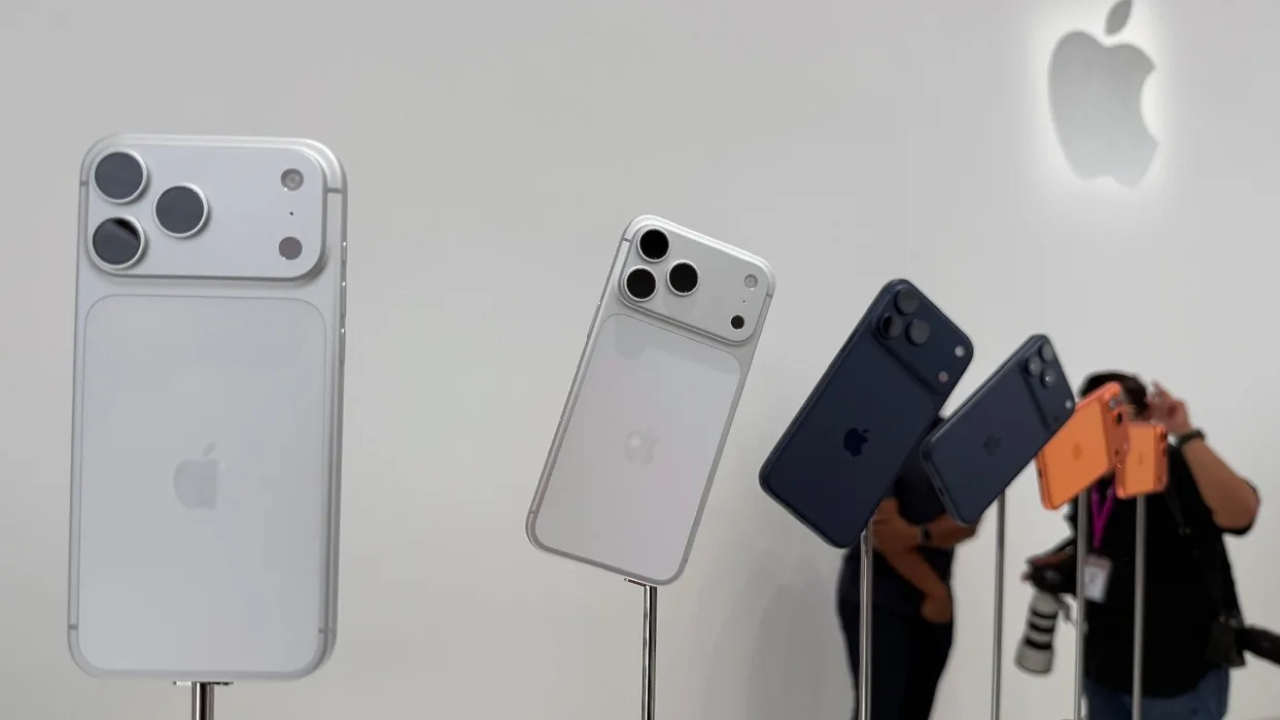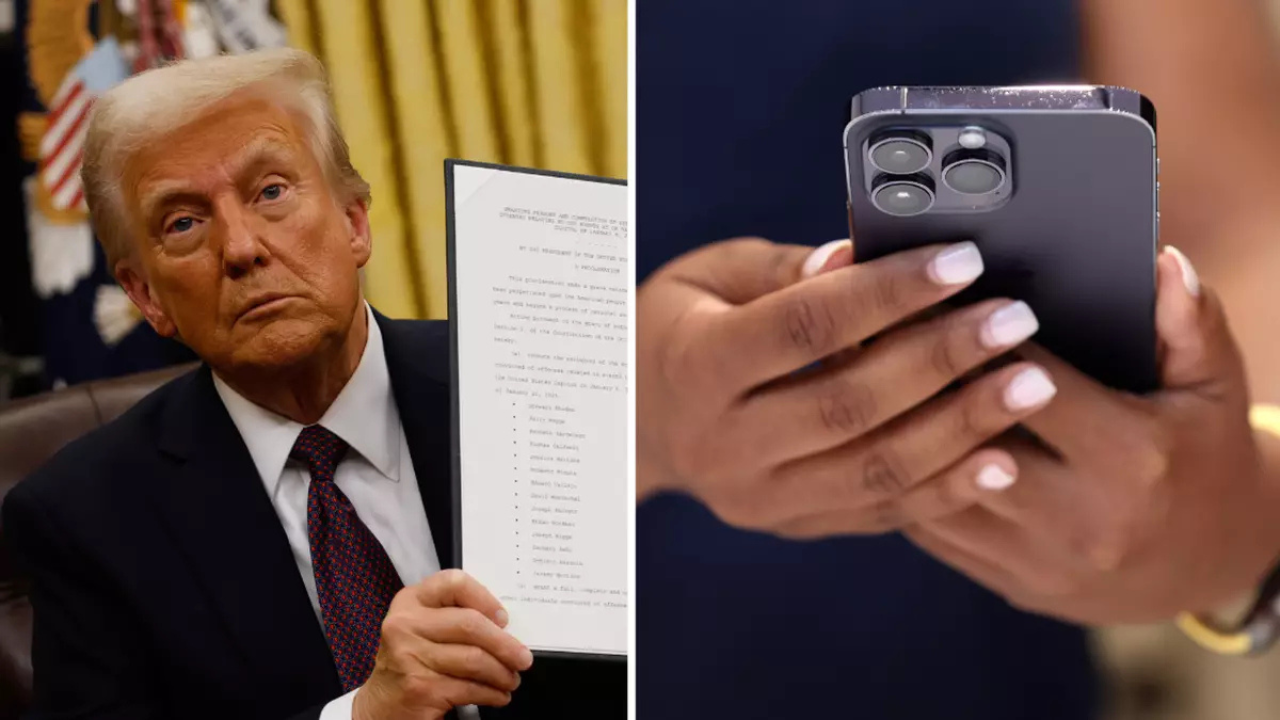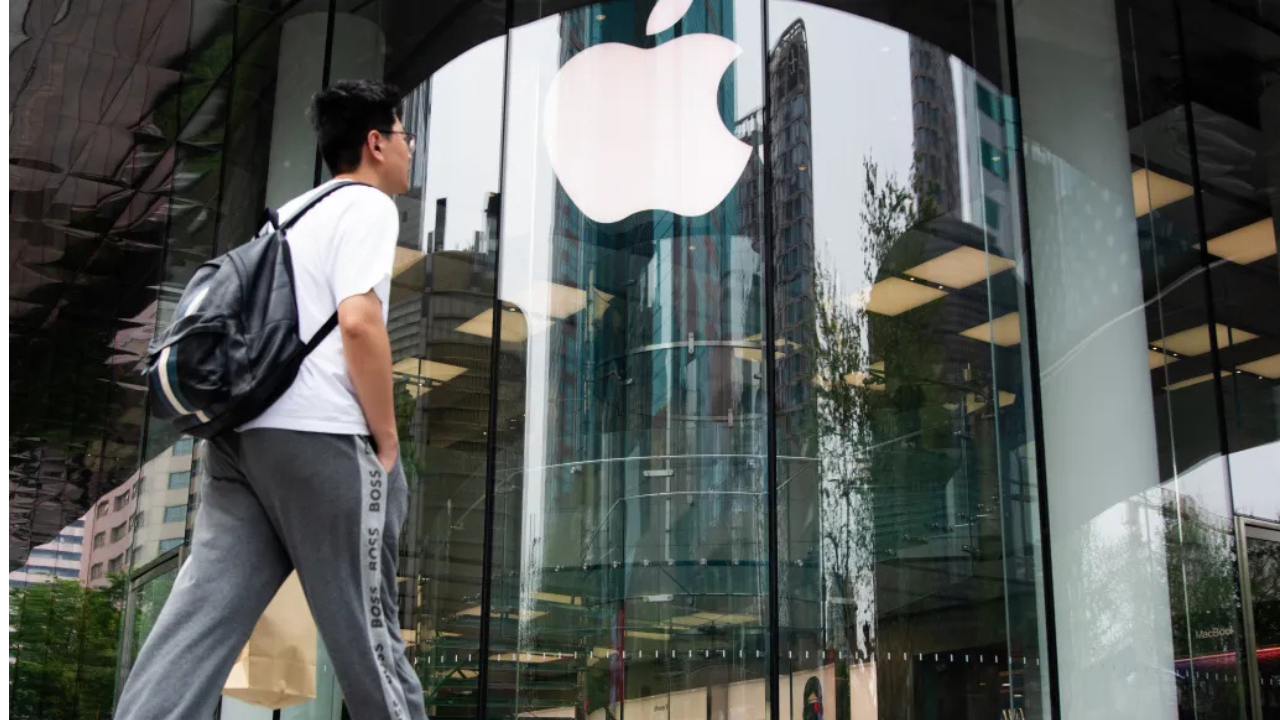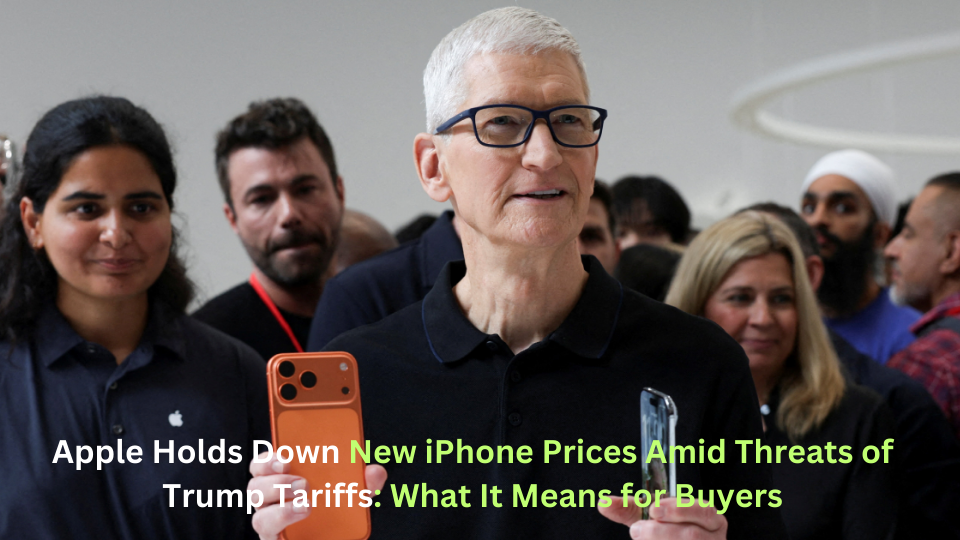Apple has already launched its new iPhone models without increasing the price, even as it faces an increasing pressure with new U.S. imported tariffs under the Trump trade policies. The move is an indication of how Apple plans to cushion demand by subsidising some of the cost increases rather than transferring them to the customers. According to analysts, the company is making a calculated risk and tariffs will cost Apple over $1 billion this quarter.
Prices Remain Unchanged
The firm introduced iPhone 17, iPhone 17 Pro and a new model named iPhone Air during its yearly September event. Apple retained its original prices even though they were supposed to increase because of the tariffs.

iPhone 17 will be priced at $799 USD with 256GB memory, the equivalent of the base model of the past year, but with twice as much RAM. iPhone 17 Pro 256GB also costs the same, with the starting price of $1099. The iPhone Air, which is the new model with a slim design and improved performance, will be sold at a price of starting with $999.
Apple also announced upgrades to its Apple Watch and AirPods Pro, and none of the products were priced higher.
Tariff Pressure
Apple must pay over $1 billion more as additional costs in this quarter due to tariffs imposed during the Trump administration, which means the decision will cost the company even more. The tariffs impact imports of electronics in China and other production centers posing a major threat to the supply chain of Apple.
A large portion of the costs were widely anticipated by analysts to pass on to Apple customers. Rather the company chose to absorb them which was regarded as an attempt to maintain consumer demand in the bad economic times.

Analysts’ Reactions
According to industry experts, Apple is placing its bet on stability. One analyst told Reuters that they are using their size to attempt to maintain prices at the current level. It is a tactic to assure customers that Apple has not changed even with a volatile global trade scene.
The move however could have a toll on the profit margins of Apple. Until the company can lower the cost of production or transfer more manufacturing to countries where the tariff does not affect business, analysts are concerned that cost absorption will strain profits.
Competitive Landscape
The move by Apple differs with that of some of its competitors who have indicated potential price changes. Samsung and Google companies are already maneuvering disruptions and increasing costs in their supply chains. The stabilization in iPhone prices may help Apple have a competitive advantage especially in the markets where people are very sensitive to slight price increases.
The mid-tier product, the iPhone Air introduction, also brings the addition of the mid-tier product to the range, which can potentially widen the customer base of Apple. Analysts think such a move coupled with consistent prices would assist the company in not only winning over regular customers but also new buyers.

Read Also: South Africa vs India: Historic Cricket Battles Through the Years
What It Means for Consumers
The announcement is comforting to consumers. The most popular products at Apple are available at a familiar price regardless of the tariff environment. This might prompt further upgrades especially by those users who avoided upgrades last year in fear of increased prices.
There are also benefits of the stable pricing to retailers, since uniform costs contribute to any sale of goods being maintained at predictable times of the year, during the holidays.
Looking Ahead
It is still unclear how tariffs may affect the business of Apple in the long term. In the event tariffs increase or rise, then in the long term the company is likely to be threatened with price adjustments. One of the possible solutions is shifting production out of the areas affected by tariffs, but the transition is a long process.
The global market can also be an issue and fluctuations in the exchange rates and the local trade policies can have an influence on international iPhone prices.
Final Word
Apple holds down new iPhone prices amid threats of Trump tariffs as an effort to defend consumer demand and its competitive edge. Although the decision is temporary to sellers, the company has to continually deal with the increased cost without sacrificing its profitability.
Read More: Unlock Budget Hacks CWBiancaMarket: Expert Tips to Save Every Time

